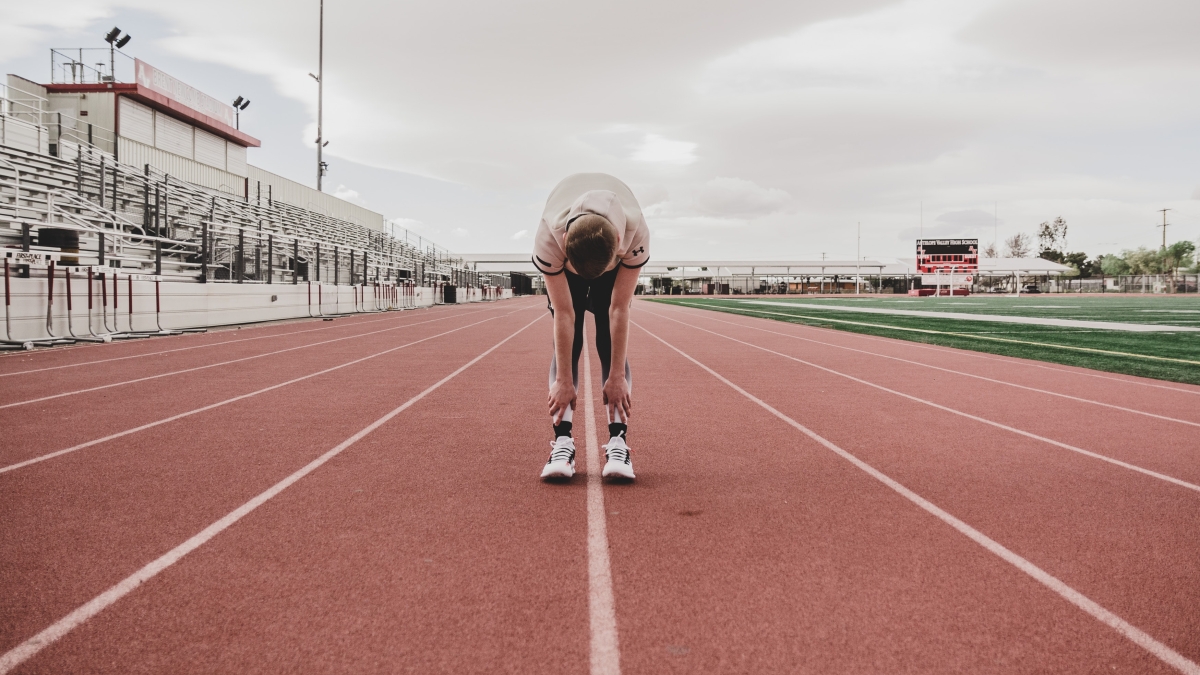Call for stories: Transgender youth and sports

Photo courtesy of Unsplash
Beginning in 2020 with Idaho’s Fairness in Women’s Sports Act, more than 30 states have enacted or introduced legislation that requires students to compete on sports teams based on their sex assigned at birth, according to GLSEN.
Transgender Youth and Sports: A Critical Inquiry into Narrating Self-Advocacy, funded by the Institute for Humanities Research and the Global Sport Institute, seeks to disrupt anti-transgender legislation and policies through the power of storytelling.
“People connect through listening to or entering other people's lives through stories. It is how we share our experiences, and feelings, our worldview,” said Madelaine Adelman, the project’s principal investigator and professor of justice and social inquiry in the School of Social Transformation at Arizona State University.
“Stories can generate attention and empathy in a way that no number can. We need the numbers, too, but it is the combination of the numbers and stories that help move people to act. Story-based advocacy helps abstract issues come alive.”
The project team is focusing on collecting primary accounts from students.
“The central component of the research has us learning from youth, from high school students, and specifically from transgender and nonbinary high school students about their experiences in sport and PE: what they love about it, what they wish would change, how they have navigated school and community-based barriers to participation, and how they have created change in their school communities,” Adelman said.
In addition to sharing their stories with the Transgender Youth and Sports project, participants will also learn valuable skills to help them share their experiences with the community.
“Students in the project will participate in a workshop about digital storytelling and media literacy so that they can connect with each other and curate their own stories, circulate them on social media and, as citizen scientists, track public engagement with their stories,” Adelman said.
Project principal investigators hope to create a research model that can be replicated in communities across the U.S. that are facing anti-transgender legislation and school policies. They will explore questions such as:
What kinds of stories gain traction with which audiences, and why?
How does participation in story-based advocacy affect the health and well-being of the narrators?
This public education campaign will focus not only on legislative change but also the positive impact that sports can have on all youth.
“We wish to emphasize the joy and love of sport, and the value of being comfortable and feeling powerful in your body for all students, regardless of gender identity or expression,” Adelman said.
Students interested in participating in the project can reach out to TNBStories@asu.edu. Parental approval is required for students under the age of 18. Adults, including parents, coaches, friends and family, are also invited to share their perspectives.
More Law, journalism and politics

Veteran journalists Jorge Ramos and Marty Baron talk democracy and free press
Arizona State University hosted "Truth Across Borders," a bilingual panel featuring two of America’s most iconic journalists,…
Can elections results be counted quickly yet reliably?
Election results that are released as quickly as the public demands but are reliable enough to earn wide acceptance may not…
Spring break trip to Hawaiʻi provides insight into Indigenous law
A group of Arizona State University law students spent a week in Hawaiʻi for spring break. And while they did take in some of the…

